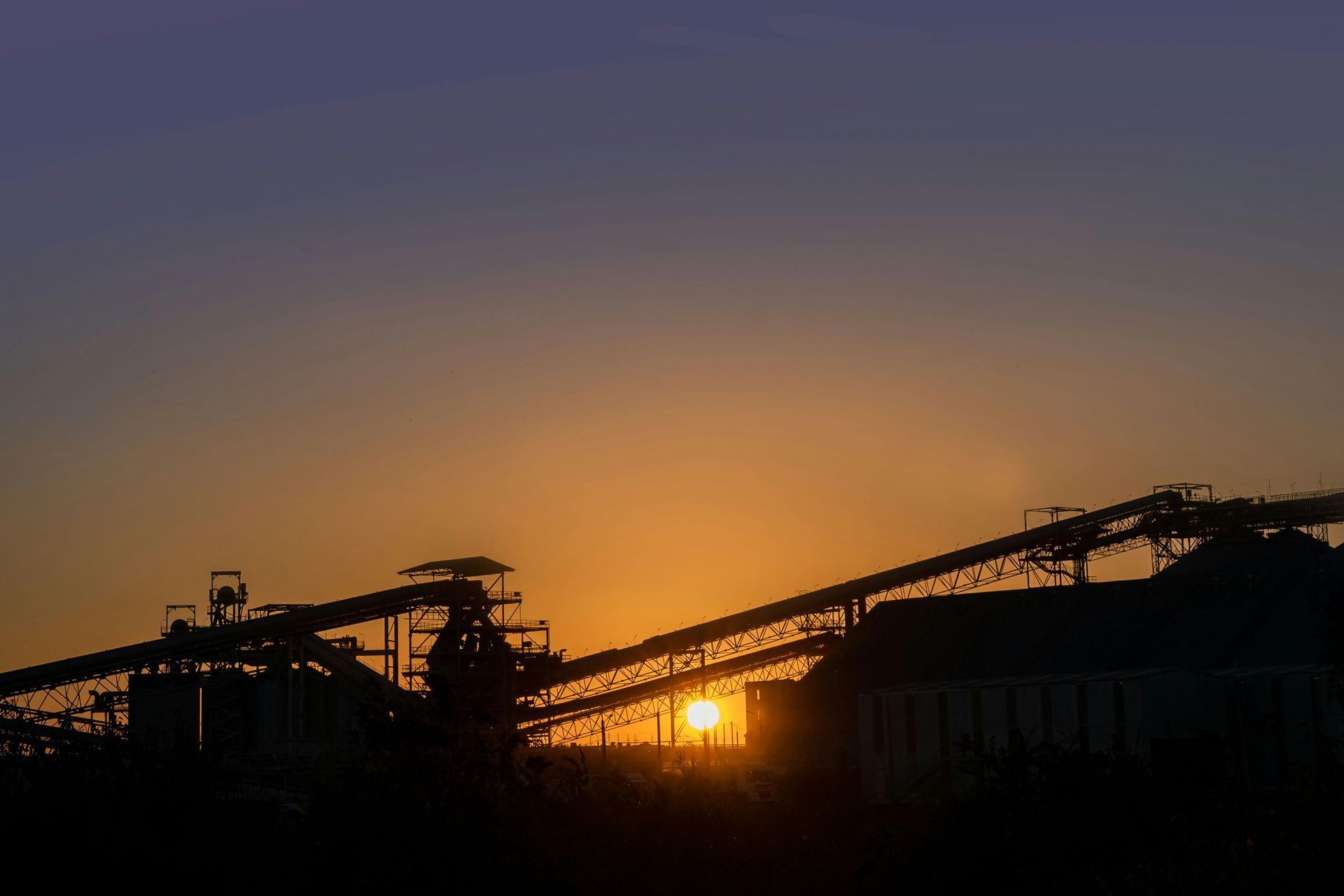By Michelle Gardiner
•
October 14, 2025
Senior executives navigating the transition from executive to Non-Executive Director roles face a pathway that's less organic and more deliberate than many expect. Derwent delved into this important topic with 50 senior executives in Brisbane last week at our Pathway to the Boardroom event. Despite different journeys throughout their executive careers and into a Board portfolio, our speakers, Susan Forrester AM and Teresa Dyson , shared their wisdom across the decisions that support your transition to Director, the importance of leveraging networks across your career, value addition and the shift from an operating mindset, and the importance of thorough due diligence. Key Themes & Takeaways Pathway from executive to non-executive The pathway is not easy during transition from an executive career. You need to be “eyes wide open and have a thick skin” – there will be individual and market circumstances that will test your resolve and motivations. A deliberate and formal transition to a Board career can make the path clearer – especially for the networks that are trying to advocate for your Board candidacy. Many individuals expect that they will organically end up on boards after their executive career; however, in reality it’s a long process that requires patience, intent, and effort. The power of your network Leverage your network of experience and draw on different periods of your career journey for introductions and conversations that might lead to Board opportunities. Map out a plan of who you should be talking to, including existing Board members, other well-networked senior executives, Board communities (such as AICD), and relevant experts such as Board search partners. By letting broad networks know of your intention and desire to join Boards, it can provide opportunities to get a foot in the door. Get out there and plant a lot of different seeds! The importance of your value-add proposition Many aspiring Board Directors can tick a lot of the boxes when it comes to the criteria for Board candidacy, but the difference can be the fit to specific organisations. Your value addition can be identified across various facets, including your functional or industry expertise, your broader career achievement or success (such as major transactions, industry changes, working in different settings or ownership structures, etc), and personal or ethical alignment. Part of developing your individual proposition is sharing the unique elements of your profile with your networks, including the personal experiences and drivers that can be as important as your professional experience. Director mindset versus executive mindset New Directors often try to prove their executive and sometimes technical expertise, and need to make the shift to a mindset of governing over managing – “noses in and fingers out”. There’s a style of thinking from an executive career that allows you to draw on your experience and add real value to a Board setting. A change in mindset is required in order to add value in the critical areas for a Board member, such as setting and agreeing strategy alongside management, managing risk, and selecting the CEO. Conducting due diligence as you explore Board opportunities Due diligence is mutual – both for companies bringing on a Board member, and Board members looking to join an organisation. Exploration may include reading previous annual reports, talking to brokers or customers, and most importantly meeting the Chair, committee members, and other Directors if possible. Each Board has its own risk appetite, so it’s important to understand the values and risk alignment. Building relationships with other Board members to have open and honest conversations can take time and trust. “Boards are like a team – they don’t train together often, but they come together to play”. Our thanks to Michelle Gardiner , Managing Partner from our Board practice, for hosting this event, and to our guest speakers and attendees for their valuable contributions. Continue the conversation We'd love to hear your perspective on this topic! For further insights or to explore how Derwent can help you or your organisation, connect with our team at brisbane@derwentsearch.com.au . To express your interest for future Derwent events, please reach out to us at events@derwentsearch.com.au .







